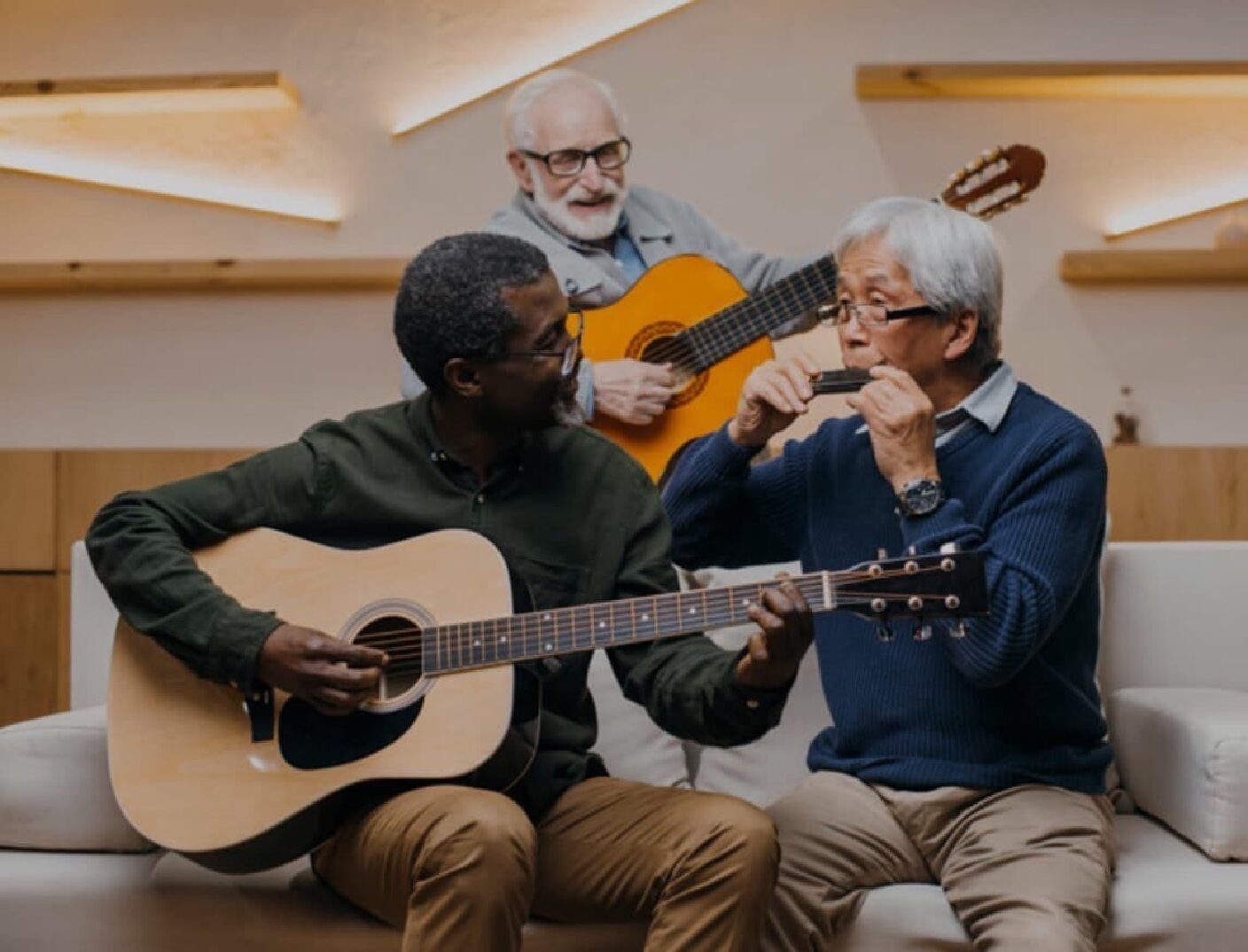Music has often been hailed as the universal language, a medium capable of transcending cultural, linguistic, and geographic boundaries. But what does it truly mean to say that music is a language? And how does it manage to connect people on such a profound level?
The Power of Sound
At its core, music is a form of communication. It’s a way of expressing emotions, ideas, and experiences without relying on the spoken word. While languages may vary widely, the emotional impact of music seems to be universally understood. A joyful melody can evoke smiles across cultures, while a mournful tune can stir sadness in hearts worldwide.
Rhythm, melody, and harmony are the building blocks of music. These elements combine to create patterns that resonate with our brains in a way that spoken language simply cannot. Studies have shown that music activates areas of the brain associated with emotion, reward, and movement. This suggests that our connection to music is deeply ingrained in our biology.
Music as a Cultural Bridge
Music is deeply embedded in the fabric of every culture. From traditional folk songs to contemporary pop hits, music reflects the values, beliefs, and aspirations of a people. Yet, despite these cultural differences, music also serves as a bridge between cultures.
Consider the global phenomenon of music festivals. These events bring together people from diverse backgrounds to share a common experience. As they dance and sing along to the music, they create a sense of unity and belonging. Music has the power to break down barriers and foster understanding between people from different walks of life.
Music and Emotion
One of the most powerful aspects of music is its ability to evoke emotions. A piece of music can transport us to a specific time and place, bringing back vivid memories and sensations. It can also help us to process our emotions, providing a cathartic release.
Music has been used therapeutically for centuries. It has been shown to reduce stress, anxiety, and pain. Music therapy is now a recognized profession, helping people with a wide range of conditions, from physical disabilities to mental health challenges.
The Future of Music
As technology continues to evolve, so too does the way we experience music. Digital platforms have made it easier than ever to discover and share music from around the world. This has led to a global music culture, where artists from different countries can collaborate and reach audiences on a massive scale.
Virtual reality and augmented reality are also opening up new possibilities for music experiences. Imagine attending a concert where you can feel the energy of the crowd and interact with the performers in a truly immersive way.
While the world faces many challenges, music offers a glimmer of hope. It is a reminder of our shared humanity and our capacity for connection. As we continue to explore the power of music, we may discover even more ways in which it can enrich our lives and bring us together.
In conclusion, music is more than just entertainment. It is a fundamental part of the human experience. Its ability to transcend language and culture makes it a truly universal language. By understanding the power of music, we can harness its potential to build bridges, foster empathy, and create a more harmonious world.


